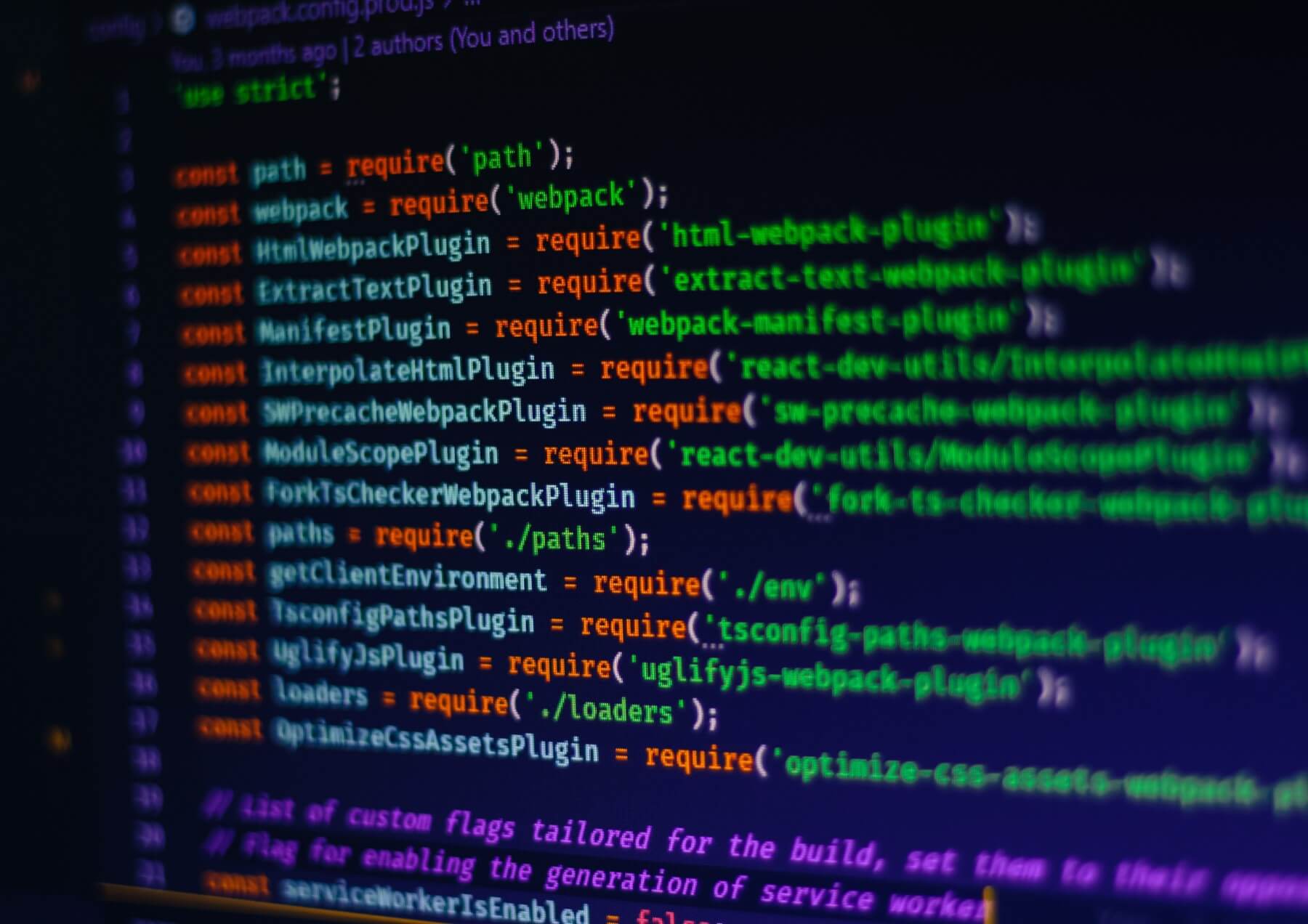
The Tao Te Ching is an ancient Chinese text that offers wisdom on living a harmonious and virtuous life. The alleged author Lao Tzu wrote the classic text over 2,500 years ago, but its teachings are just as relevant today as they were back then, if not more so.
In fact, there are many parallels we can draw between the Tao Te Ching and the world of computer science. In this post, we'll explore how three principles from the Tao Te Ching can be applied to your daily work as a Software Engineer.
Keep It Simple Stupid
"Simple in actions and thoughts, you return to the source of being."
First and foremost, the Tao Te Ching reminds us of the importance of keeping things simple. When it comes to programming, "KISS" is a clean code principle that stands for Keep It Simple Stupid. It means you should always try to write code that is concise, readable, understandable, and efficient.
KISS is one of many clean code principles that promote uniform coding conventions. Others include:
- avoiding redundant code
- proper indentation and formatting
- implementing meaningful variable names
- consolidating long functions into smaller chunks
- commenting on code to help future developers understand it
Ultimately, simplicity is the key to reducing stress in the development cycle and optimizing communication in teams. Simplifying your code will save you precious time and stop agonizing headaches down the road. Simplifying your life can help you reconnect with your true self and free you from the constraints of modern society.
Be Open to Learning
"Those who know, don’t talk. Those who talk, don’t know."
The above quote is often misinterpreted as a call for silence, but what Lao Tzu really meant is that the truly wise recognize that the only thing they know is that there is always more to learn. Following this philosophy means approaching each day with a willingness to learn and adapt.
This mindset is essential for software engineers because our industry is constantly evolving. As the technology landscape continues to change, it is essential to keep up with the latest innovations and industry standards.
We must be willing to let go of how we used to do things and embrace new technologies and approaches. Learning new programming languages and frameworks can be daunting, but it's important to stay up-to-date so that you remain relevant in your field.
Consistency over Intensity
“Do nothing, leave nothing undone”
While it is easy to use this quote as a way to rationalize shoving your responsibilities aside, the true meaning stresses the importance of consistency over intensity. It highlights the need to focus your work on what comes naturally and act when the time is right. Without pushing, rushing, or forcing things into place, everything eventually comes together as it should.
This advice is especially relevant when it comes to software development projects. Trying to rush through a task to push code prematurely will likely only lead to errors and subpar results. In addition, biting off more than you can chew on a project will quickly lead to burnout.
So if you're feeling overwhelmed by a project, take a step back and reassess your approach. See if there are any areas where you can cut down on scope or delegate some of the work to other team members. Consider shifting your focus to continuous incremental goals, rather than to the completion of large projects.
In doing so, you will learn to find satisfaction in the small wins and develop sustainable endurance to complete those overwhelming projects. When we're too focused on outcomes we can lose sight of what's truly important: Progress in mastering our craft.
Conclusion
The Tao Te Ching offers ancient wisdom on living in harmony with the world around us. By following the above three principles, we can increase our effectiveness, agility, and resilience as software engineers.
TABLE OF CONTENTS



